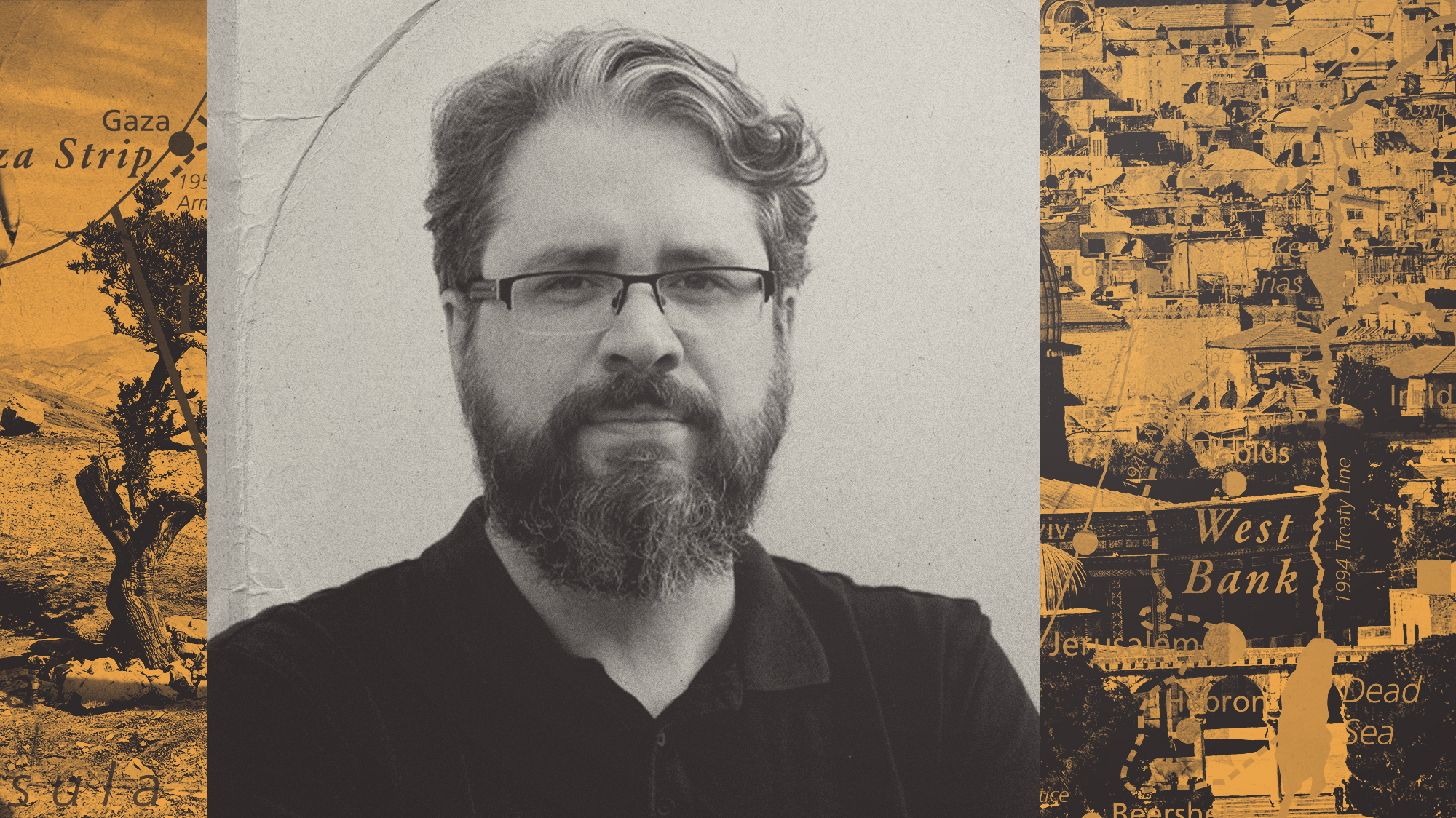Silicon Valley is a physical place, but it’s also a style of thinking, a state of being, and an ethos. Its reach has extended far beyond its origins south of San Francisco, beyond even Austin and Seattle, where it has priced out anyone who dares utter words that aren’t from a VC investment thesis or pitch deck. The trillion-plus dollar market caps of the biggest tech companies exceed the GDPs of all but the richest countries. The Valley’s companies are ensconced in every single part of our lives—art, culture, commerce, politics, wars, and communication all run through their devices and apps. But what if, though, the truth is that we haven’t Silicon Vallied hard enough?

Fans of e/acc (pronounced E-ack) believe that speeding up profit-driven technological innovation is a moral good—and an inevitability. It’s a repudiation of “effective altruism,” the social movement backed by disgraced crypto mogul Sam Bankman-Fried that urges people to become ultra-wealthy so as to use their fortunes for good. Where altruists are all about charitable giving, accelerationists want every dollar of tech money to be plowed back into tech companies. “Giving money to charity is a waste as it is not a self-sustaining/growing organism like a corporation. Simply invest in inspiring startups instead,” wrote @BasedBeffJezos, one of the accounts who helped popularize e/acc. He went on to praise Google co-founder Larry Page’s position of hypothetically preferring to give money to Elon Musk or other founders “chang[ing] the world,” than to philanthropy. Andreessen—whose a16z VC firm has invested in dozens of AI companies—argues that “technological innovation in a market system is inherently philanthropic.”
Thermodynamic will of the universe.
The second premise, that we need to invent new forms of consciousness to build a better world, ignores that a better world is already possible via tools we already have. Child and maternal mortality, declining life expectancy, transit snarls, homelessness, social inequality, and many other problems already have solutions that have been successfully implemented. If lawmakers, donors, and voters won’t fund such measures, they’re not going to change their minds after a machine tells them to. [CH1] [AB2] And while e/acc adherents argue technological innovations will render these problems irrelevant, history offers little hope such bounty would be fairly distributed.
[CH1]Just to “steelman”, I think they argue that the new conciousness will help create efficiencies and abundances that will make these sorts of resource based questions irrelevant.
[AB2]True. Going back and forth on this mentally. I guess the point of e/acc is that it could generate things we can’t conceive of, but I can’t imagine a world that has not been politically realigned that doesn’t reproduce inequity no matter how abundant everything is, even though they would never concede that.
For more articles read aloud: download the Audm iPhone app.
The people drawn to e/acc like it because it doesn’t prescribe any actions or metrics for achieving a better world. It is outcome neutral; whatever future our tech overloads have in store for us is the right one. But despite e/acc’s intellectual hollowness, its forerunners do include academics, first among them Nick Land, a key member of the influential Cybernetic Culture Research Unit, a group based at the University of Warwick in the 90s whose affiliates[AB1] also included the prominent late left theorist and writer Mark Fisher, fiction writer Hari Kunzru, and dubstep pioneer Kode9.
Land’s writings are wide-ranging and extremely dense but focus on capitalism accelerating the world toward eventual destruction—a future he welcomed. After leaving the CCRU at the end of the 90s, his work took a right-wing turn[CH2] against democracy and towards a form of eugenics that he called “hyper-racism.”


The people drawn to e/acc like it because it doesn’t prescribe any actions or metrics for achieving a better world. It is outcome neutral; whatever future our tech overloads have in store for us is the right one. But despite e/acc’s intellectual hollowness, its forerunners do include academics, first among them Nick Land, a key member of the influential Cybernetic Culture Research Unit, a group based at the University of Warwick in the 90s whose affiliates[AB1] also included the prominent late left theorist and writer Mark Fisher, fiction writer Hari Kunzru, and dubstep pioneer Kode9.



